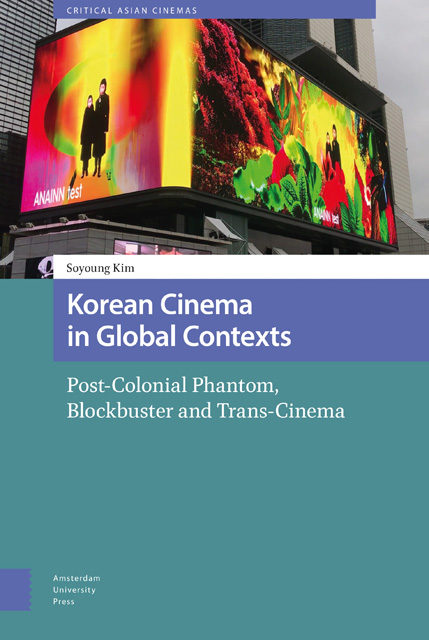5 - “Cine-mania” or Cinephilia: Film Festivals and the Identity Question
Published online by Cambridge University Press: 16 November 2022
Summary
Abstract
This chapter looks at the conjuncture of film festival, cinema, cultural politics, and global economy in an emergent identity position known as “cine-mania.” Cine-mania is a form of cinephilia obliquely corresponding to the condensed mode of production and reproduction at the semi-periphery of the world system.
Keywords: film festival, cinephilia, cine-mania, identity question
Recognition or Refusal and Something Else
Organizing the Seoul International Women's Film Festival in April of 1996 as a founding programme director, one among many film festivals launched around mid-1990s, I came to wonder about the ways in which film festivals mobilized specific identities. In fact, each festival claims its existence not only on identity-oriented themes but endeavours to construct a discursive space so that the relevant issues could emerge and form. The proliferation of film festivals in various modes has come into existence; firstly, with the presence of “cine-mania,” the Korean version of cinephilia; secondly, the enactment of a local self-government system; thirdly, the shift of the site of activism from the politico-economic to the cultural; lastly, the ambitious project of Segyehwa, the Korean official version of globalization. Segyehwa was initiated with the establishment of civil government in 1991. In a breathless and condensed unfolding of the narrative of Segyehwa and civil society, cultural critics often mention the paradigm shift in the 1990s. The argument is that the social change mobilized by the massive labour movement in alliance with student protests in the 1980s was severely damaged by the retreat of the notion of class. The problem with this kind of rhetoric is that it not only fails to perceive emerging social forces and new political agents but the transformation of class identities. Facing a need for a new direction in the social movement which no longer appears to be totally grounded on the proletariat class perspective, the group of feminists, gay/lesbian activists, representatives of youth sub-culture and civil activists have all initiated to organize film festivals as a public platform to address their rights and concerns.
The desire to be represented or to be recognized in public prevails in the various modes of festivals. Seemingly the diverse film festivals have become not only a space of negotiation among different forces but a cultural practice to articulate to the audience the specific agendas raised by the new identity, subject position and organization.
- Type
- Chapter
- Information
- Korean Cinema in Global ContextsPost-Colonial Phantom, Blockbuster and Trans-Cinema, pp. 97 - 112Publisher: Amsterdam University PressPrint publication year: 2022

